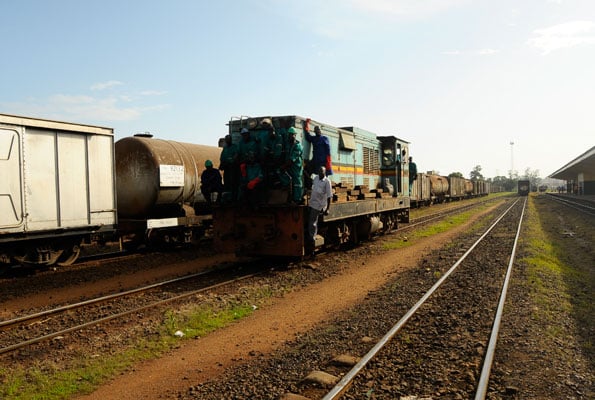Prime
Districts in pipeline route form coalition to push for royalties

Leaders in districts that will host the pipeline in the Masaka sub-region want to seek benefits for their people through a coalition. PHOTO | FILE
What you need to know:
- The coalition will, among others, seek to push for uniform royalties from pipeline activities.
District leaders in the Masaka sub-region have formed a coalition through which they will push government to fund monitoring activities in the oil pipeline route.
The coalition will also push for uniform royalties to match with those in the Bunyoro subregion.
The leaders include Mr Ibrahim Kitatta, the Lwengo District chairperson, Mr Patrick Kisekuulo of the Kyotera, Mr Samuel Ssekamwa of Rakai, Mr Patrick Nkalubo of Sembabule and Mr Geoffrey Kiviiri of Gomba, said the coalition seeks to work for a common cause that will see their people get a fair share as hosts of the oil pipeline.
Mr Kitatta will lead the coalition while Mr Kisekuulo will be the spokesperson.
Speaking at the launch, Mr Kitatta said they will push for reasonable benefits from oil pipeline activities as well as ensure that government interests are protected. The formation of the coalition, he said, follows an unfulfilled pledge of
Shs3b annually, which the Ministry of Energy and Ministry of Local Government had promised in 2019 as budget support.
“The two ministries circulated indicative planning figures indicating that the midstream districts would have an annual budget support grant of Shs3b annually. This has not materialised two years later,” he said, noting that the funds would have helped the districts to mobilise communities to create alternative sources of livelihoods as well as conduct monitoring activities.
The funds, Mr Kitatta said, would also have helped to build infrastructure and social projects such as roads, schools and hospitals, among others.
The 1,445 kilometre East Africa Crude Oil Pipeline project is expected to run from Hoima through the districts of Kakumiro, Kikuube, Kyankwanzi, Mubende, Gomba, Ssembabule, Lwengo and Rakai before connecting to Tanga port in the Indian Ocean in Tanzania.
Uganda’s section of the pipeline - from Hoima to Mutukula - is 296 kilometres and will cost about $700m (Shs2.4 trillion).
Jobs created
When the project kicks off, construction works will take at least 36 months, creating some 10,000 jobs and a lot of prospects for local content for both countries.
The pipeline represents the largest trade deal between Tanzania and Uganda, currently comprising $120m (Shs425b) annually in each direction.
According to Mr Kisekuulo, whereas they have joined hands, they are not after antagonizing pipeline project, but only seek to ensure that their districts are considered to benefit from the project such as the upstream districts in the Bunyoro sub-region, which are receiving royalties and already getting improved infrastructure.
According to Mr Godfrey Mutemba, the Lwengo District Natural Resources Officer and the EACOP focal person, majority of leaders in the five districts where the pipeline will pass need to be trained to know their role in the implementation of the project.





